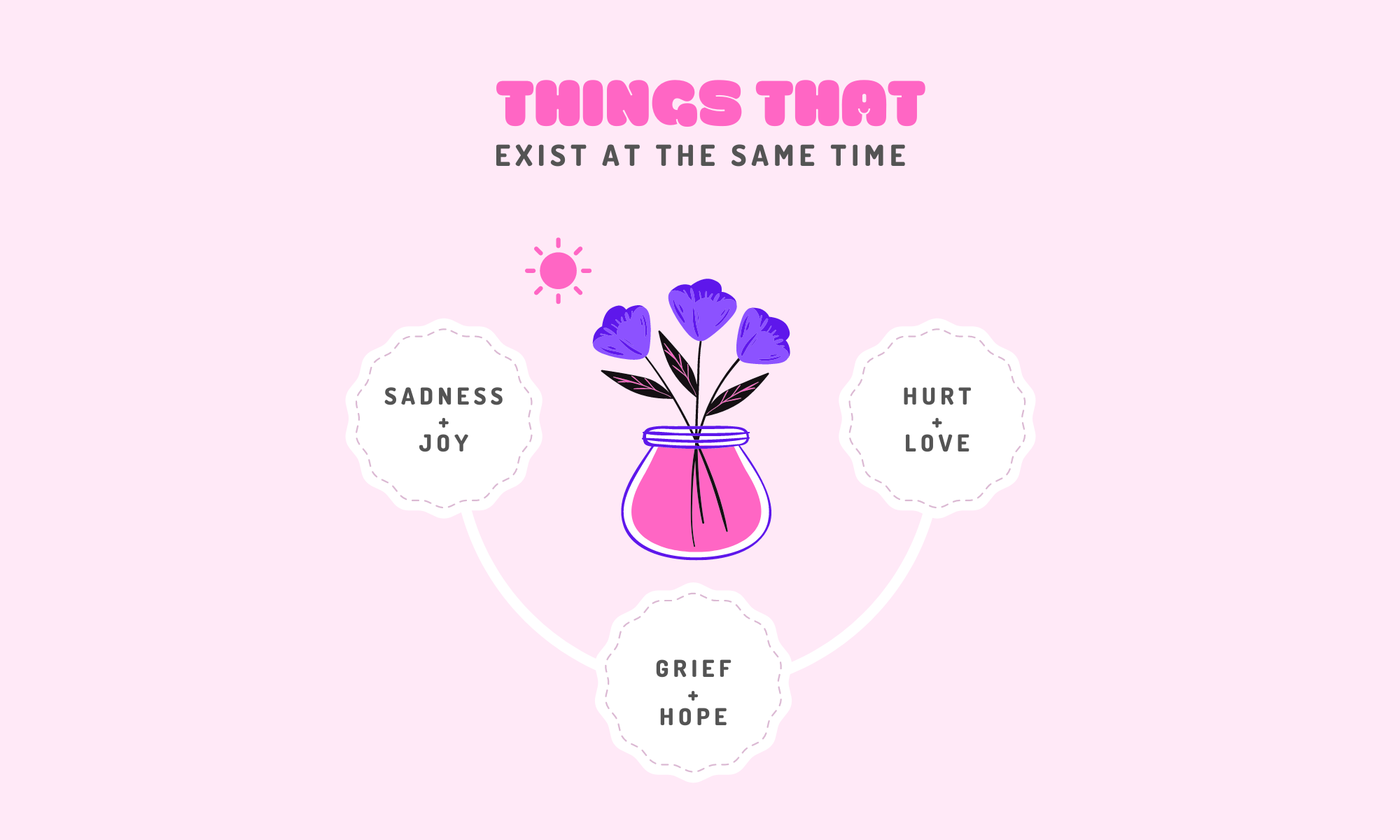Anticipatory grief, also referred to as anticipatory loss or preparatory loss, is a unique form of mourning that occurs before the actual loss takes place. It is the feeling of loss that is felt before the loss happens. While traditional grief typically follows a loss, anticipatory grief begins before the loss and can be triggered by the anticipation of impending death or significant life changes. In our minds it is the “beginning of the end.” Typically, in grief, one is focused on a loss in the past. But in anticipatory grief one is focused on the loss ahead.
What is anticipatory grief?
Anticipatory grief is the emotional response to an anticipated loss. It involves mourning the impending death of a loved one or preparing for other significant life changes, such as the end of a relationship, a terminal diagnosis, or a major life transition. Anticipatory grief allows individuals to begin processing their emotions before the loss occurs, which can help facilitate the grieving process later on.
What is the difference between conventional grief and anticipatory grief?
Conventional grief involves mourning a loss that has already occurred. Anticipatory grief is forward looking. It is grieving a loss that has not yet occurred but that one believes will occur. Anticipation of loss still leaves room for hope that the loss will not happen. This hope, however unrealistic it may be, often leaves anticipatory grievers “hanging on to possibilities” in unrealistic and non-helpful ways.
Who experiences anticipatory grief?
Anticipatory grief can be experienced by anyone who is facing an impending loss or significant life change. This may include family members and friends of terminally ill individuals, individuals facing their own terminal illness, caregivers, and those experiencing major life transitions such as divorce or retirement. Anticipatory grief is not limited by age, gender, or background, and can affect people from all walks of life. Younger caregivers and patients often experience more severe anticipatory grief.
When is anticipatory grief experienced?
Anticipatory grief can occur at any time when an individual is faced with the prospect of impending loss or significant life changes. It may begin as soon as a terminal diagnosis is received or when a major life transition is anticipated. The duration of anticipatory grief can vary widely, lasting anywhere from weeks to months or even years depending on the circumstances. Anticipatory grief may also continue after the loss has occurred, as individuals navigate the ongoing impact of their loss.
What are signs of anticipatory grief?
People experiencing anticipatory grief may show some of the following signs:
- Feelings of sadness, anxiety, or depression
- Preoccupation with thoughts of loss
- Changes in appetite or sleep patterns
- Withdrawal from social activities or relationships
- Difficulty concentrating or making decisions
- Increased irritability or anger
- Physical symptoms such as fatigue, headaches, or stomach problems
What are the stages of anticipatory grief?
There are four phases that one may feel while experiencing anticipatory grief. These may come in any order or simultaneously.
- Accepting that death is inevitable. This phase often brings sadness and depression
- Feelings of concern for the dying person. For family and friends, this phase often brings feelings of regret – regret over past actions, prior unresolved arguments, and the like. For the dying person this may be regret over missed opportunities or fear of dying.
- Rehearsing the death. A person may become focused on planning for death including funeral arrangements, saying goodbyes, and what needs to be done in preparation for death.
- Imagining the future. Family and friends may envision the future without the loved one. This may include imagining holidays and other special occasions with the loved one missing. The patient may imagine how the family and friends will experience life without him. The patient may also begin to imagine the afterlife.
How can anticipatory grief be treated?
While anticipatory grief can be challenging, there are strategies that can help individuals cope with their emotions and navigate the grieving process:
1. Seek support: Reach out to friends, family members, or a therapist for emotional support and guidance.
2. Practice self-care: Take care of your physical and emotional well-being by eating well, exercising regularly, and engaging in activities that bring joy and relaxation.
3. Communicate openly: Share your feelings and concerns with loved ones and healthcare providers. Talking about your emotions can help validate your experiences and provide comfort.
4. Create meaningful moments: Make time to create lasting memories with your loved one and engage in activities that bring you closer together.
5. Seek professional help: If you’re struggling to cope with anticipatory grief, consider seeking help from a mental health professional. Therapy or counseling can provide valuable support and coping strategies.
Is anticipatory grief beneficial?
Anticipatory grief is a natural response to impending loss or significant life changes. By understanding what anticipatory grief is, who experiences it, when it occurs, signs of anticipatory grief, and strategies for coping, individuals can better navigate this challenging emotional journey. The research is contradictory as to whether anticipatory grief is beneficial in helping cope after the loss has occurred. Some research suggests that anticipatory grief may help with coping with the loss. Other research suggests that it has no effect on post-death bereavement.
Seeking support from loved ones and mental health professionals, practicing self-care, and communicating openly about feelings are essential steps in coping with anticipatory grief.




0 Comments